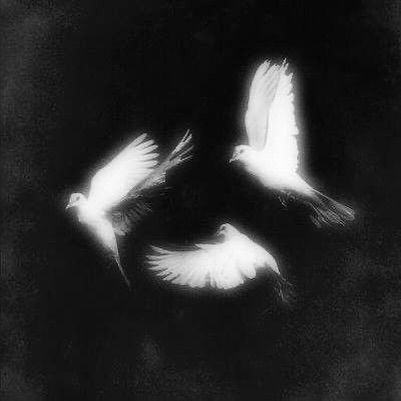Introduction:
Death often doesn’t make a sound. Sometimes it slips in quietly—between heartbeats, between words left unsaid. It doesn’t knock. It doesn’t ask. It just takes. This poem about death is for the quiet aftermath, the stillness that settles in the room after someone is gone. Through emotional death poetry, we give shape to the invisible—the weight of their absence, the warmth of their memory, and the ache that doesn’t leave.
Grief after death is a language we’re never taught to speak. No manual exists for how to walk into a room that once held someone’s laugh. And while time is said to heal, it often just teaches us how to hide the pain better. In this tragic death poem, the goal is not healing, but honesty. To say what many feel but few voice. That sometimes, the most haunting part of death is how life continues around it.
In moments like these, poems about losing a loved one can be a lifeline. They don’t pretend to fix the grief—they simply hold it gently. They echo the human side of death, where every object becomes sacred, every routine becomes hollow, and every day without them feels a little less colorful.
Poem: “What the Room Remembered”
The bed still holds a shallow dent,
the scent of him—still evident.
The book he left on chapter five,
still waits for him to come alive.
His jacket hangs without a sound,
his shoes untouched, still on the ground.
The clock still ticks, the kettle sings,
but none of it means anything.
They say he died in quiet breath,
no storm, no fire—just simple death.
But how do walls forget a face?
How does a room unlearn his place?
Her voice still calls him by mistake,
each morning is a small heartbreak.
The table keeps its extra plate—
grief is just love that learned to wait.
The light still pours where he once read,
but every ray feels cold instead.
And though the world just spins ahead,
this room remembers what he said.
Conclusion:
This death poem does not seek to rush grief. It exists to slow us down—to help us sit with it, to feel the full spectrum of loss. Emotional death poetry allows us to capture the fragments of love left behind and hold them up to the light, like stained glass: beautiful, broken, sacred.
The human side of death isn’t about grand gestures. It’s in the quiet—folded laundry, voicemail archives, a worn pillow. And while grief after death doesn’t follow a timeline, it can find comfort in words. In shared silence. In poems like this one.
May this poem about losing a loved one serve as a space to remember, to feel, and to breathe. When nothing makes sense and the world feels colder, poetry reminds us that love doesn’t vanish with death. It lingers. It waits. It whispers back in the spaces we thought were empty.

Want to read a bit more? Find some more of my writings here-
“Poor Things” by Alasdair Gray: A Surreal, Stirring Classic That’s More Relevant Than Ever
30 Warrior Quotes to Get Through Anything
The Truth in the Lies: A Short Story
I hope you liked the content.
To share your views, you can simply send me an email.
Thank you for being keen readers to a small-time writer.






